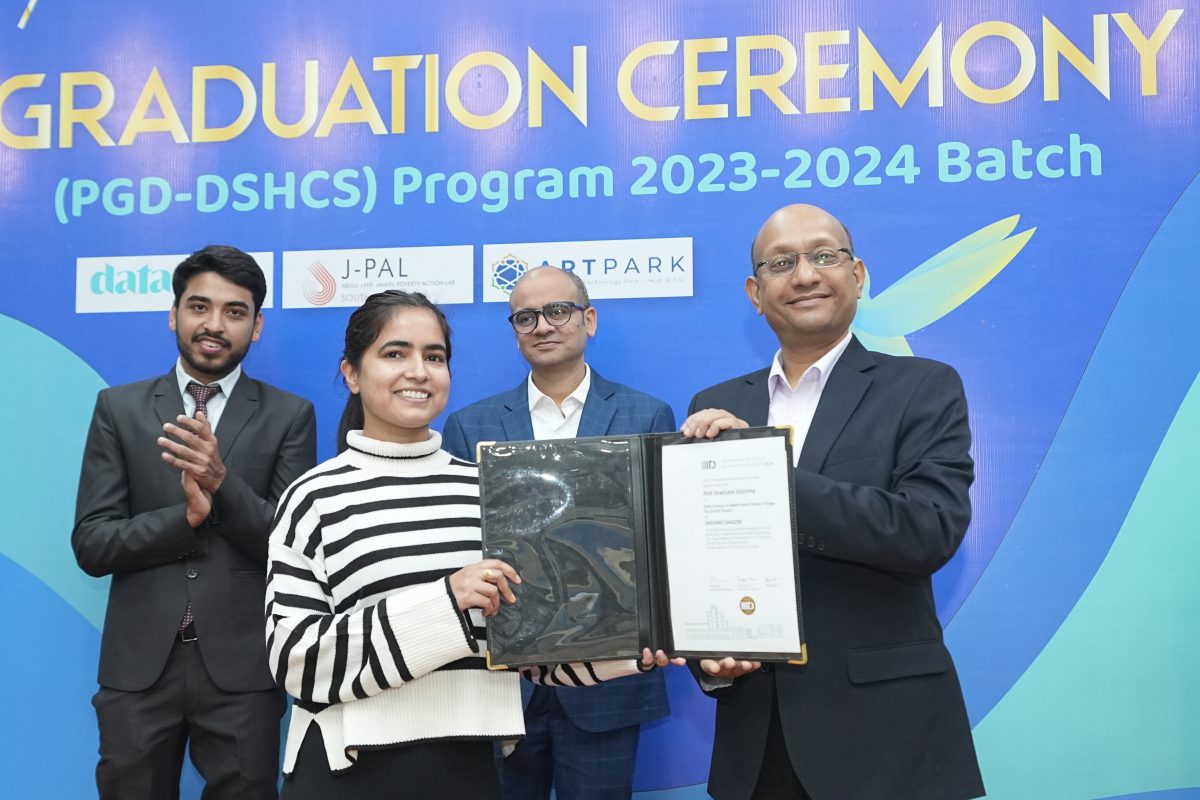Capacity Accelerator Network (CAN)
Capacity Accelerator Network (CAN)
CAN is building a workforce of purpose-driven data and AI practitioners to unlock the power of data for social impact.
Overview
On the march to train one million purpose-driven data and AI practitioners, data.org’s Capacity Accelerator Network is building a workforce of purpose-driven data and AI practitioners and enabling organizations to unlock the power of data to meet their missions. With five Data Capacity Accelerators based in the United States, India, Africa, Latin America, and Asia Pacific, CAN’s capacity building is globally-informed and locally-grounded through a network of more than 85 cross-sector partners around the world.
CAN invests in both supply and demand: building both the talent pipeline of purpose-driven data and AI practitioners and the capacity of social impact organizations to employ workers skilled in responsible use. CAN is made possible by funding from the Mastercard Center for Inclusive Growth and Wellcome.

Building the Field of Data for Social Impact
Learn more about data.org’s field-building mission and the critical need to develop purpose-driven data and AI workforce.
Data Training in Action
Explore the global network of local partners and learn about their work developing data and AI for social impact talent, curricula, and resources.
-
Asia Pacific
The Asia Pacific Accelerator is catalyzing the application of data and AI to address systemic financial inclusion challenges. In partnership with Asian Institute of Digital Finance and the Association of Pacific Rim Universities, this accelerator is developing purpose-driven data practitioners and a training model to scale across the region.
-
Latin America
In partnership with the University of Javeriana, the Latin America Accelerator is creating curriculum and training materials to provide public health professionals with skills to transform data into actionable and timely insights in public health emergencies.
-
India
In partnership with J-PAL South Asia and three leading university partners, the India Accelerator is training purpose-driven data practitioners with interdisciplinary subject-matter expertise in climate and health data and providing experiential learning opportunities to tackle real-world problems.
-
Africa
In partnership with The Global Partnership for Sustainable Development Data (GPSDD) and their training partners, OpenUp and Elements, the Africa Accelerator is training purpose-driven data and AI practitioners with interdisciplinary subject-matter expertise in climate and health data.
-
United States of America
data.org’s US Data Capacity Accelerator focuses on advancing data for social impact curricula, with an emphasis on financial inclusion. data.org partnered with UChicago to identify seven additional higher education partners to broaden the reach and scale of this data training.

Developing Talent
Data and AI Fellows
data.org partners with leading organizations to develop fellowship programs that drive real-world learning and lasting impact.

Report
Workforce Wanted: Data Talent for Social Impact
Workforce Wanted: Data Talent for Social Impact is a first-of-its-kind report on global data talent in the social sector. Confronting systemic challenges and highlighting both immediate and big-picture opportunities, this report delivers the current landscape and reveals four pathways forward for building purpose-driven data professionals.